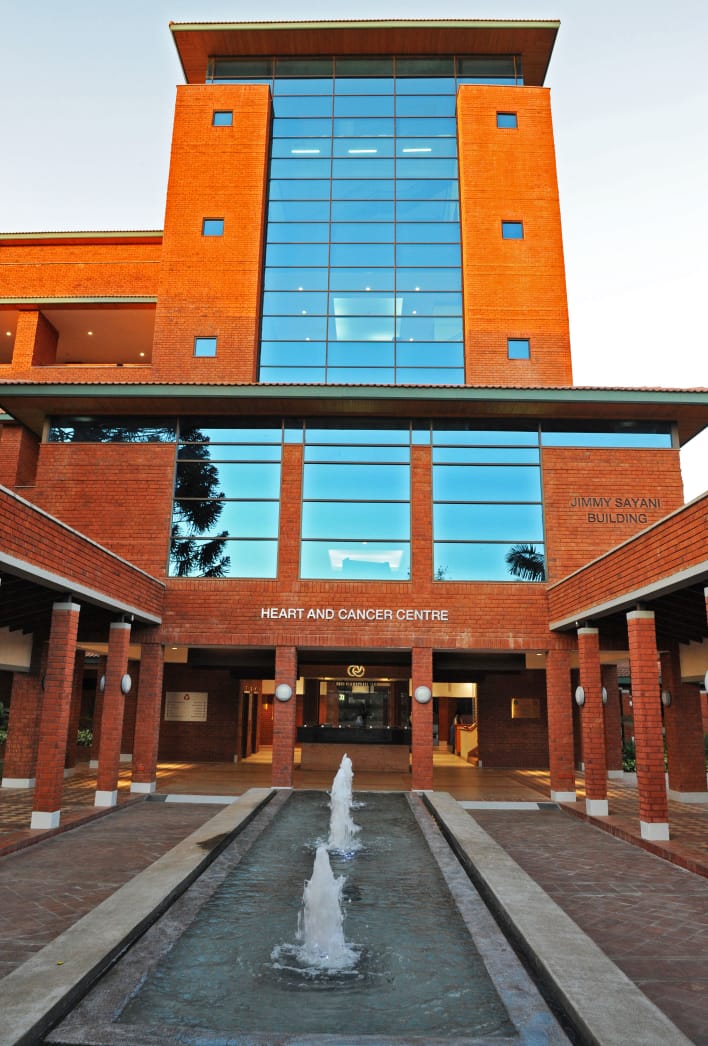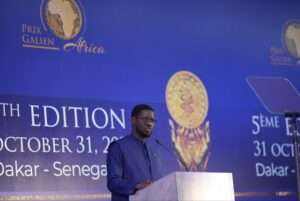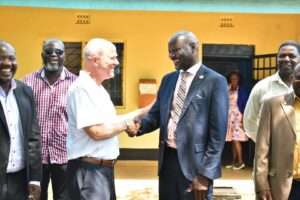
The Aga Khan university complex
NAIROBI, Kenya Oct 18-The Aga-khan University Cancer Centre yesterday received Sh112 million grant to advance research in Colorectal Cancer from the National Institute of Health(NIH).
The grant will be used to aid the research in investigating ways to use Artificial Intelligence (AI) in improving the speed and accuracy of colorectal cancer diagnosis.
Aga Khan University,supported by university of Michigan’s center of Global health Equity(CGHE) will use the grant to study the use of AI technology to overcome barriers in specialized training.AI will be used in diagnosing and predicting outcomes in cases of colorectal cancer in Kenya and Africa.
According to Dr Mansoor Saleh,founding director of the Cancer center at Aga Khan noted that he is thrilled with the NIH grant-which will enable them make a great stride in addressing the challenges of colorectal cancer diagnosis and prognostication.
“Our ultimate goal is to create a future where diagnostic limitations, especially in the area of histo- and molecular-pathology, can be overcome through the use of artificial intelligence and machine learning,” said Dr Mansoor Saleh.
The Global Cancer observatory notes colorectal cancer has a 2.5 per cent 5- year prevalence in Africa as of 2020.However, colorectal cancer is a significant public health concern across Kenya and Africa at large,where specialized training and access to advanced diagnostic technologies have posed substantial barriers to early diagnosis and effective treatment.
According to the World Health Organization, colorectal cancer is the third most common cancer worldwide accounting for approximately 10 percent of cancer cases
Additionally,professor Akbar Waljee CGHE member and director of the Agakhan University stated that this NIH grants will play a pivotal role to the incredible research collaboration on colorectal Cancer research.
“It highlights the potential of research originating in Kenya to make a lasting impact on global health. Together, we are committed to advancing healthcare and promoting equity in health outcomes for all,” noted Professor Akbar.
The NIH-funded research initiative will be led by an interdisciplinary team of oncologists, pathologists, surgeons, statisticians, and informaticians from the Aga Khan University, Center of Global Health Equity, and Tenwek Hospital, a community-based public hospital in Bomet County.
The project will build on ongoing collaborative research efforts between the Aga Khan University and the Center for Global Health Equity, including the Utilizing Health Information for Meaningful impact in East Africa through Data Science (UZIMA-DS) Research Hub.






